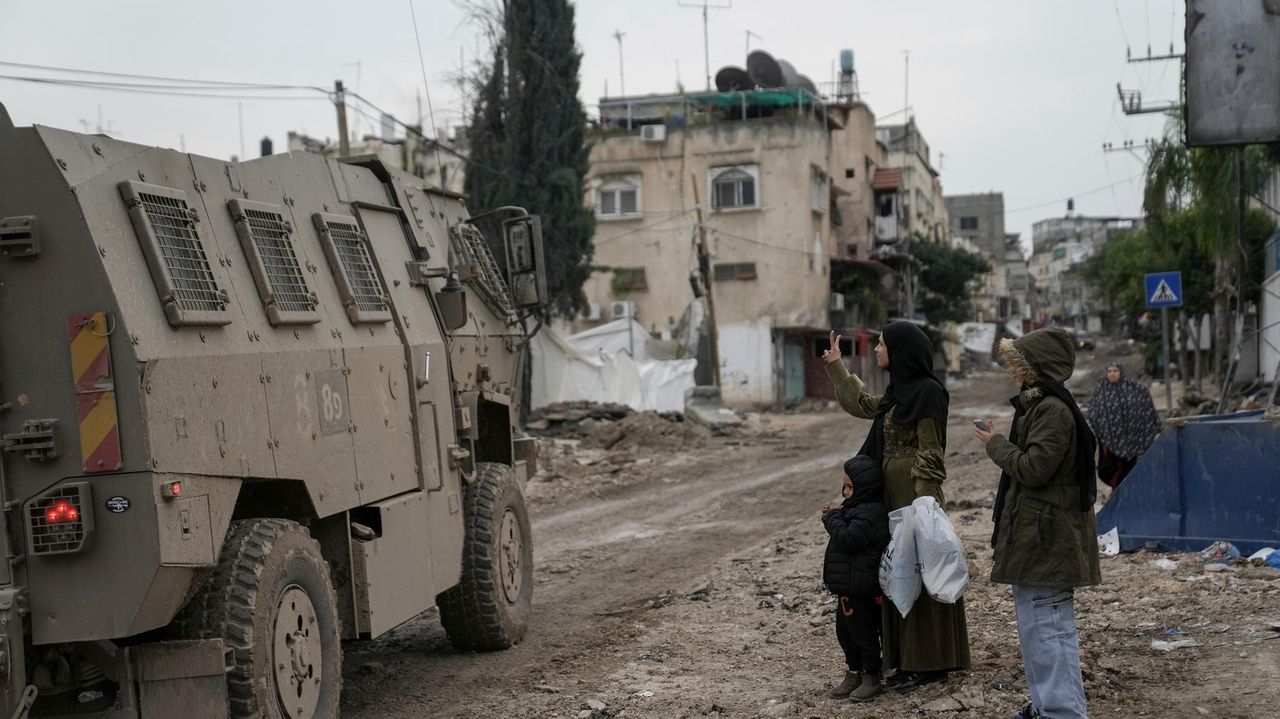JERUSALEM — Rifts are emerging among top Israeli officials over the handling of the war against Hamas in Gaza. A member of the country’s War Cabinet cast doubt over the strategy for releasing hostages, and the country’s prime minister rejected the United States’ calls to scale back its offensive.
Only a cease-fire deal can win the release of dozens of hostages still held by Islamic militants in Gaza, and claims they could be freed by other means was spreading “illusions,” said former army chief Gadi Eisenkot, one of four members of the War Cabinet, in his first public statements on the course of the war.
Eisenkot’s comments late Thursday were the latest sign of disagreement among political and military leaders over the direction of Israel’s offensive on Hamas, now in its fourth month.
Sparked by an unprecedented Oct. 7 Hamas raid into Israel that killed about 1,200 people, mostly civilians, and saw about 250 others taken hostage, the Israeli assault has pulverized much of the Gaza Strip, home to some 2.3 million people. Israel has said more than 130 hostages remain in Gaza, but not all of them are believed to be alive.
Israel’s offensive, one of the deadliest and most destructive military campaigns in recent history, has killed nearly 25,000 Palestinians, according to Gaza health authorities, and uprooted more than 80% of the territory’s population.
Israel has also cut off all but a trickle of supplies into the besieged Gaza Strip, including food, water and fuel. Several dozen trucks with critical supplies now enter the territory each day, just a fraction of the pre-war volume of about 500 trucks. Both the United States and United Nations have said more aid needs to be delivered.
A communications blackout in the territory was in its seventh day Friday, the longest such blackout since the war began. The lack of communications hampers the coordination of aid deliveries and rescue efforts.
Demonstrators hold orange balloons at a rally in solidarity with…
Read the full article here

Leave a Reply